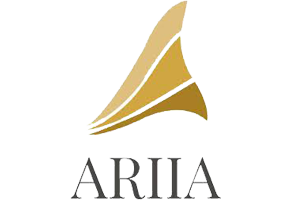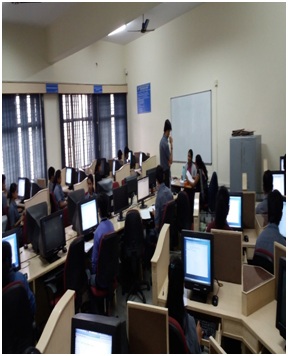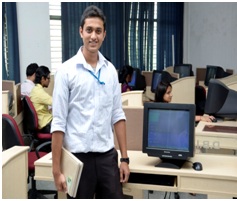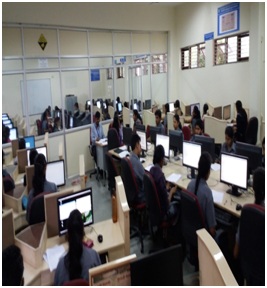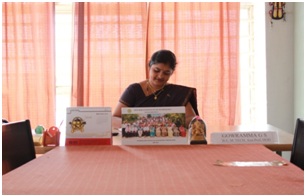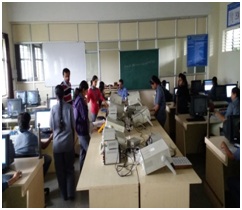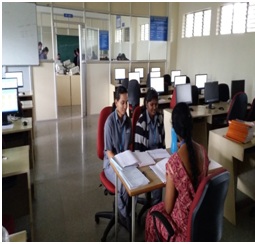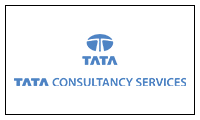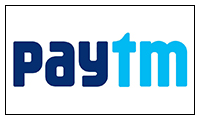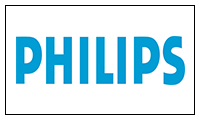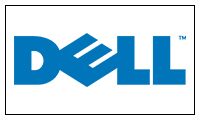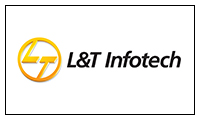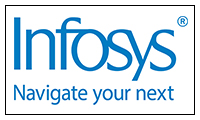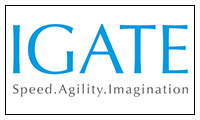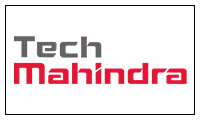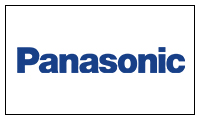- Information Science and Engineering
- About Us
- Infrastructure / Facilities
Infrastructure/Facilities
The department has adequate class and tutorial rooms equipped with multimedia projectors connected with the internet. The department has its Research and Development Centre. The department has well-equipped laboratories with the latest software to provide hands-on experience to students compliant with curriculum and syllabi, such as Analog and Digital Electronics lab, Micro Controllers lab, Machine learning lab, Web programming lab, Computer Networks lab, Software Testing lab and Database Management lab.
Department Library
The library is equipped with about 1000 books for quick reference. It is available for students and faculty providing access to prescribed text and reference books, journals, study materials, project and seminar reports, digital resources like e-books, video lectures of NPTEL, and EDUSAT.
Laboratories with UPS support
Major Equipment and Software Tools
-
No. of Computers: Department has 06 computer labs having more than 120 branded computers (Lenovo, HP). All computers have internet facility with 100 Mbps dedicated line with separate Wi-Fi access-point for lab and department.
-
Licensed operating systems like windows 7,8.1,10
-
software’s like oracle,
-
Xilinx 8.0,
-
Orcad lite 9.2 ,
-
Visual Studio 2012.
FACILITIES PROVIDED FOR THE STUDENTS & FACULTIES
-
CSI Student Chapters for Technical activities
-
INFONIX Student Association
-
Project Laboratory
-
Well Stocked Departmental Library
-
Internet Facility for Browsing Technical Journals
-
Hard copies of the Online Journal
-
Sponsorship from Various Organizations for projects
-
Bus facilities
-
Sponsorship to all research activities including foreign travel for attending workshops or conferences
-
Well Stocked Department Library
-
Internet Facility with Wi-Fi connectivity
-
Hard copies of Online Journals
-
Bus facilities
-
Workload reduction for faculty pursuing a Ph.D.
-
Research Laboratory

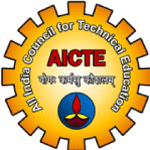
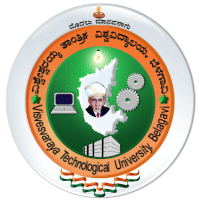

.png)

